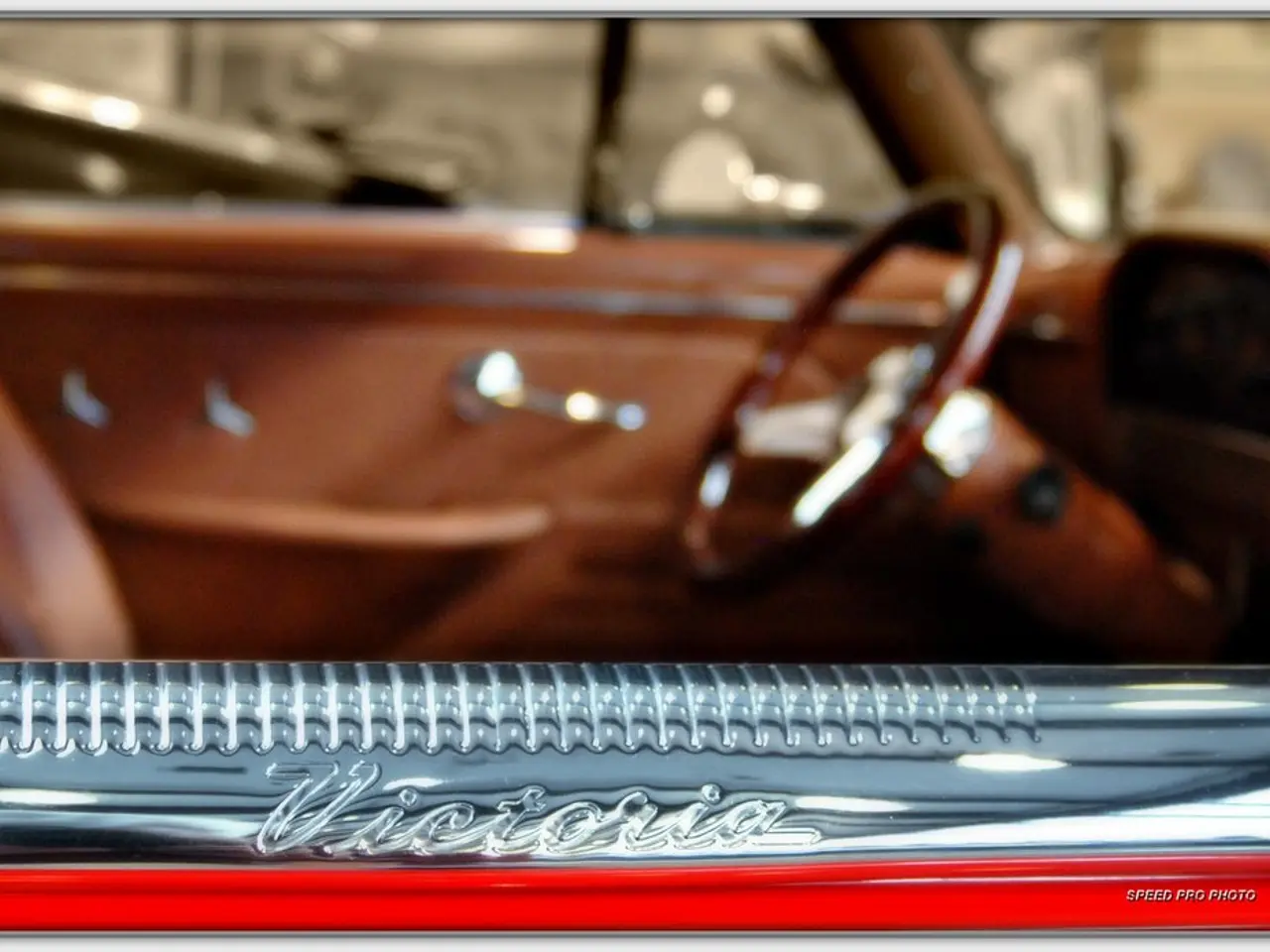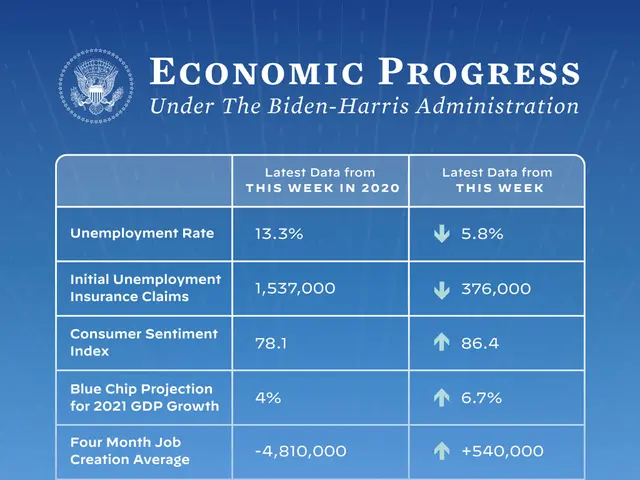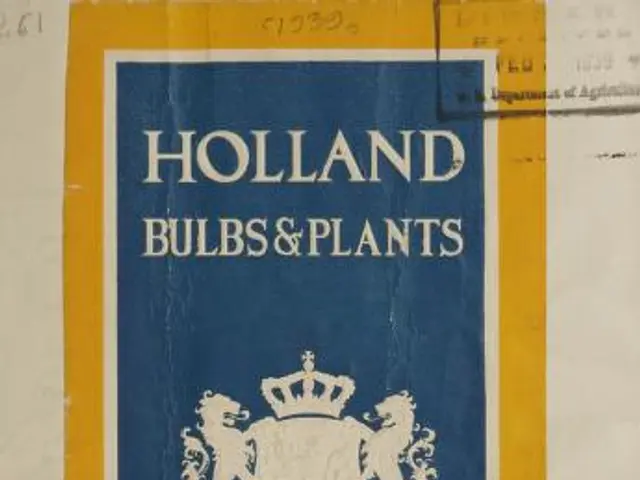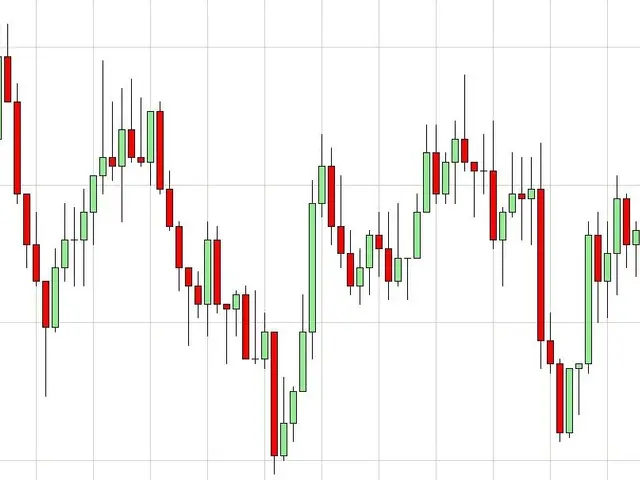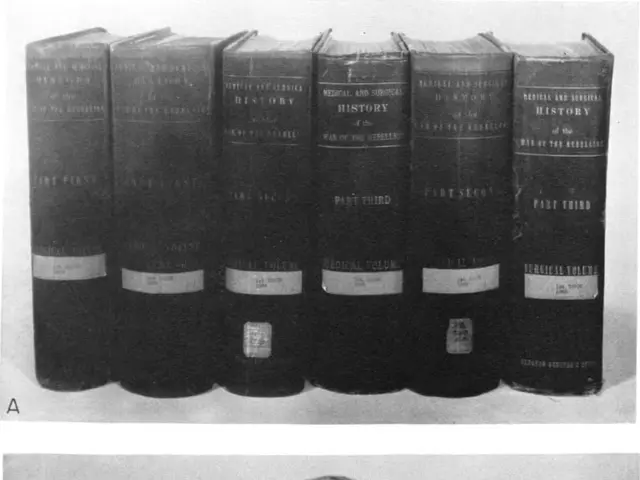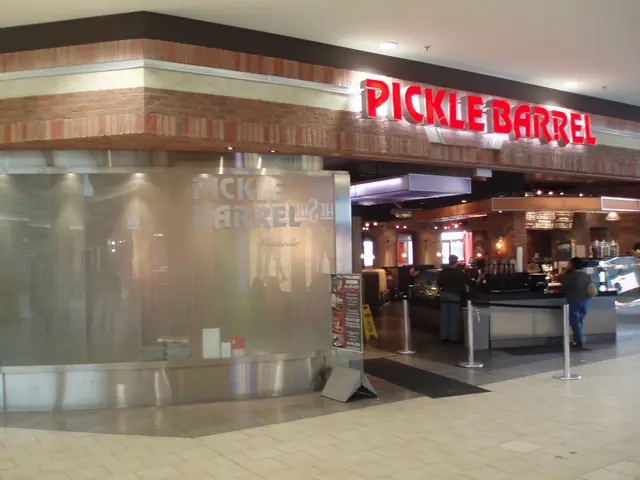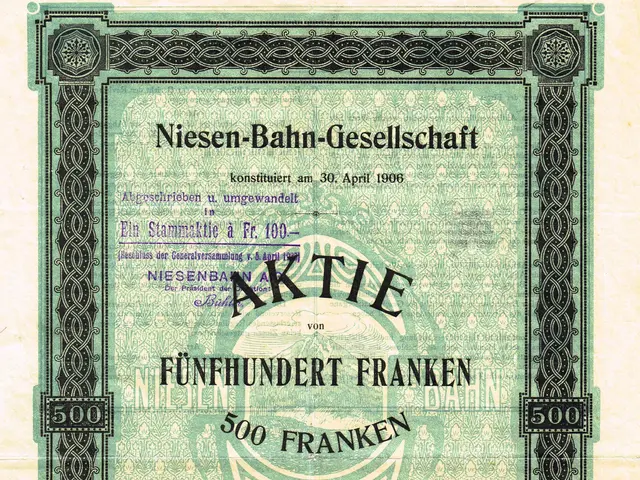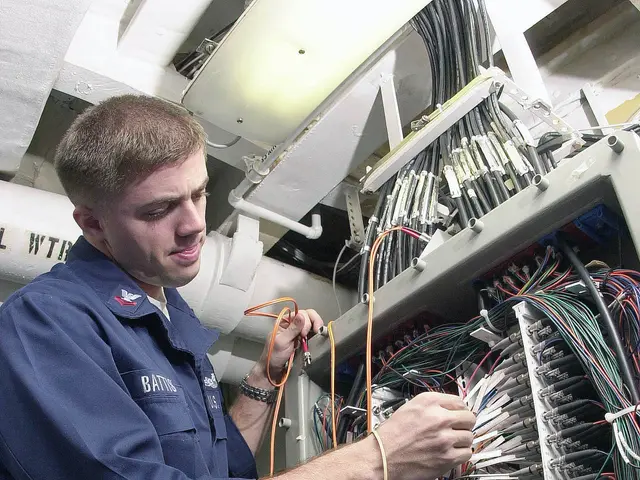Struggling Suppliers Turn to Original Equipment Manufacturers for Aid amid Tariff Strain
In the rapidly evolving landscape of the North American auto industry, a looming concern is the potential financial burden of tariffs. According to an estimate from AlixPartners, the costs could reach a staggering $30 billion in 2026 for manufacturers, suppliers, and consumers alike.
The added costs are a significant challenge, particularly for suppliers who operate on small margins. Carrying the extra burden is unsustainable, and they are actively seeking ways to become more efficient and reduce production costs.
One such supplier, Magna, has managed to lower their estimated annualized tariff exposure from $250 million to $200 million. Other companies, like Cleveland-Cliffs, praise President Trump's announcement to raise existing tariffs on imported steel.
However, the problem is most acute for second- and third-tier suppliers, who lack the financial resources to cover the added costs. Companies like Ford and General Motors are working closely with their suppliers to assess their exposure, reconfigure processes, and potentially reconfigure sourcing.
Toyota Motor North America is taking proactive steps to help suppliers avoid an unmanageable burden. Meanwhile, Lear Corp., a major auto industry supplier, has been able to recover substantially all of the $63 million in tariff costs incurred in the first half of the year, thanks to contractual agreements with customers.
Major suppliers such as Magna and Nexteer are negotiating with Original Equipment Manufacturers (OEMs) to deal with tariffs that have been applied by the Trump Administration since last spring. Stellantis, on the other hand, has remained silent on their approach to the tariffs.
Industry experts, like Neal Ganguli, a partner and managing director in the automotive and industrial practice at AlixPartners, confirm that suppliers of all sizes are seeking ways to recover tariff-related costs. AlixPartners estimates that 80% of the cost of the tariffs will go into the price of a new vehicle, raising its average price by more than $1,700.
In response, suppliers are actively seeking ways to trim costs and/or raise revenue by lining up new business. For instance, Borg Warner has forged new business ties with Chinese OEMs, despite the ongoing tariff feud with China.
The Salzgitter AG and Volvo Cars have expanded their partnership, with Salzgitter set to source significant amounts of scrap steel from Volvo Cars' body shop starting in 2026, indicating active cooperation to mitigate tariff impacts among suppliers and manufacturers. Mercedes-Benz is implementing cost-cutting and efficiency measures, including closer supplier integration and component standardization, suggesting ongoing negotiations with OEMs to address tariff-related challenges for automakers and suppliers.
Even automakers who build their cars in the U.S. face a serious tariff headache, as the tariffs on automobile parts add billions of dollars to their production costs. As the industry navigates these challenges, it remains to be seen how the financial landscape will shift in the coming years.
Read also:
- Federal Funding Supports Increase in Family Medicine Residency Program, Focusing on Rural Health Developments
- Potential Role of DHA in Shielding the Brain from Saturated Fats?
- Alternative Gentle Retinoid: Exploring Bakuchiol Salicylate for Sensitive Skin
- Hanoi initiates a trial program for rabies control, along with efforts to facilitate the transition from the dog and cat meat trade industry.
